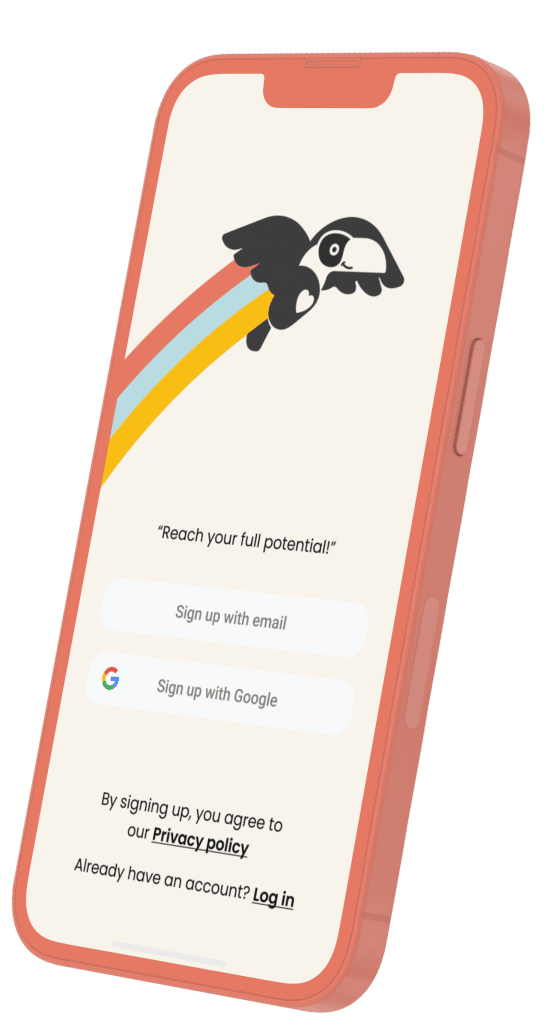Job interviews are a two-sided process. The recruiter tries to get to know the candidate as best as possible within a short period. And the candidate tries to see if this job in this company is the right fit for them. After all, candidates don’t want just any job, right?
One of the main responsibilities of recruiters is to prepare the right set of questions to get to know potential candidates better. However, it can turn out that not all questions are appropriate or even legal. This is why job applicants should always be attuned to potential red flags in the interview process, as often they indicate larger issues with your potential employer or the company as a whole.
Illegal to ask questions
Keep in mind that in general your employer legally cannot ask you questions regarding these topics in your job interview:
- Age or genetic information
- Birthplace, country of origin, or citizenship
- Disability
- Gender, sex, or sexual orientation
- Marital status, family, or pregnancy
- Race, color, or ethnicity
- Religion
Of course, there are exceptions to this rule. For example, some jobs may require you to be above a certain age to be able to do work.
Gray areas for interview questions
Height, weight, citizenship, and similar concerns may come as inappropriate interview questions but are not illegal per se. If a question regarding the following topics comes up during the interview, feel free to ask your recruiter why they need this information.
- Financial Information
- Unemployed Status
- Background Checks
- Citizenship
- Medical Questions & Examinations
That being said, here are the top three red flag questions you should look out for during your job interviews.
“What do you think about politics?”
We are living in unsettling times. Sometimes it feels like we have to concentrate our inner focus and (re)think about our set of values and opinions. For many employers and candidates, it has become more and more important to align not only on general working conditions but also on social values and ideas.
Finding the “right match” during the hiring process means finding someone who fits with their personality and individual perspective on different important social, economical and political aspects. However, asking for political opinions and personal values can be tricky as they are usually strongly connected with the candidate’s individual background story and maybe some very sensitive experiences.
More appropriate questions from your recruiter could be:
What kind of social values is important to you?
Which day-to-day topic of our society are you most interested in at the moment?
“Where do you see yourself in 5-7 years?”
This question might not be a“red flag question” per se, as recruiters want new candidates to describe their professional aspirations and find out if they are motivated to dive deeper into specific areas. The tricky bit here is the time frame.
Whether to ask for future professional plans within a time frame of several years depends very much on the level of experience the candidate brings and the level of the position the recruiters are hiring for. There is a big difference between asking this question to a senior candidate and a junior one.
If you are a junior candidate and you’ve been asked this question, try shifting the conversation and answer these questions instead.
What kind of areas would you like to gain practical experience in?
What kind of topics would you like to dive deeper into?
“What is your greatest strength/weakness?”
This question could be considered “the classic one” in the history of job interviews. Recruiters and hiring managers have been asking candidates this question for ages to find out about the candidate’s capability to reflect on their mindset and skills. The main idea behind this question is to find out whether a candidate’s “strength” will be lucrative for the company and if the greatest “weakness” might be damaging.
Nevertheless, this question is very much outmoded, as it is simply unrealistic for anyone to have one main strength and one weakness that can be perfectly defined. Candidates will most likely describe any personal habit or skill they have prepared as an answer to this question and it will be almost completely meaningless, as it is out of any context.
If you are asked this question during an interview and you are unsure how to answer, try answering this question instead:
Can you tell me about a successful project in the past and describe your role in it?
How to prepare and respond to red flags
- Before the interview, try to find more information about the company and the HR department. If it’s stated that the company implements Agile HR, this usually is a good sign
- As job interviews are two-sided, make sure that before the interview you prepare a great set of questions yourself that will help you impress the recruiter
- Speaking of bad questions, we cannot overlook the good ones. Make sure that during the interview, the question “What do you look for in this position” is discussed. If the recruiter doesn’t ask, find a way to touch on it at some point during the interview. You must outline what exactly you are looking for, and if your potential employer can provide it
- If during the interview you are asked red flag questions or similar ones that you find, inappropriate, simply maneuver around them, shifting the conversation in a direction that is more comfortable
- After the interview, if you get accepted for the position but feel that this company is not the right fit for you, politely reject the offer
Conclusion
The interview process can be quite stressful sometimes, especially if the recruiter asks you questions that are difficult to answer or make you uncomfortable. That being said, you should not go into an interview overly skeptical or suspicious. Instead, you should try to prepare yourself beforehand so that you can attune to potential red flags during the interview. Be observant in the interview, attune yourself to how the process is managed, and ask good follow-up questions. This will help you mitigate the chance of making a bad employment decision.


